Are you trying to match the breakneck speed of the technological evolution of cameras? Or are you an amateur trying to extract better results from an old model? Either way, you have landed on the right page to explore if cameras are worth upgrading to higher resolution. If yes, how?
Any tech gadget is worth an upgrade for better performance. However, cameras are unlike most handy devices like cell phones, laptops, and tablets. They demand a balance between software and hardware enhancements to offer better performance than before.
Today, we will help readers understand the details of camera resolution and methods to upgrade it.
What is Camera Resolution?
To develop a detailed idea of the highest resolution camera, let’s begin with understanding the basics. So, what is meant by camera resolution?
Camera resolution refers to the number of pixels or picture elements that a camera sensor captures in an image. The precision and intricate clarity of an image improve based on resolution—all thanks to the scale of the Megapixel (MP) that determines the quality of any capture.
Each pixel is a tiny dot of color and light. They form a complete image with a beautiful combination of color and light. Higher-resolution cameras can capture more pixels, resulting in images with greater detail and clarity. This is especially essential while printing large photos or zooming into the image without losing quality.
In essence, the resolution of a camera allows flexibility in post-processing. It ensures that the photos retain their quality, even when enlarged or cropped.
Factors Affecting Camera Resolution
We successfully checked the first box to understand the camera resolution. Now, it is time to concentrate on the factors that might be degrading the resolution of your existing camera.
Considering a camera mechanism, there are several contributors to a nasty performance decline.
Here are five main factors to check:
1. Sensor Size and Quality
If your existing camera has smaller sensors, it may degrade in resolution. Small sensors have smaller pixels, failing to focus and capture intricate details. Besides, the average quality of the sensors will also decrease the camera res.
2. Lens Quality
A low-quality lens that you are using for artistic endeavors might be the reason why your camera has a lower resolution. Poor lenses are a big reason behind the low-resolution captures.
3. ISO Sensitivity
Higher ISO settings in the camera contribute to noisy captures. As a result, overall clarity and resolution are affected. This factor might not be a major contributor; however, ISO sensitivity certainly affects the subtle details of achieving the finest quality images.
4. Focus Accuracy
If you are someone who uses your camera for heavy professional shooting and video recording, quality autofocus is a must-have. However, if your camera constantly struggles with autofocus or manual focus, it probably degrades the overall resolution.
5. Image Compression
Image compression is the last factor on our list. Few cameras are designed to compress the size of image files automatically to enable ample storage space. However, that compromises the intricate details and quality of the captures.
Methods of Upgrading Your Existing Camera Resolution
It is no wonder that we would all love to upgrade our favorite camera for excellent performance. Considering the various factors affecting the resolution, the upgrade will vary from one model to another.
Here is a list of a few methods that will help you improve the resolution of your existing tool.
1. Upgrade Your Camera Lens
Different lenses offer different characteristics to capture enhanced images. It is thus crucial to invest in improved lenses such as wide-angle, telephoto, or macro lenses that match individual needs. Upgrading the camera lens can improve image quality, sharpness, and other aspects of your photography.
2. Upgrade Camera Firmware
Updating the camera’s firmware will help with new features, bug fixes, and improvements in the camera’s performance. Firmware updates can improve the functionality of your existing camera and contribute to achieving close to desirable resolution.
3. Use Accessories for Image Stabilization
Accessories like tripods, gimbals, or image stabilization technology can help reduce blur due to camera shake. Using these will certainly lead to sharper images. Photographers can also use image stabilization and manual holding techniques for a better grip.
4. Dust and Dirt Protection
Keeping the camera and lens clean and well-maintained is essential for optimal performance and image quality. Dust and dirt on the lens or sensor often degrade image quality with regular usage. Using screen protectors, camera body covers, and manual cleaning efforts with proper storage habits might help upgrade your camera resolution.
5. Learn Better Post-Processing Techniques
Skilled post-processing can enhance the appearance of your images. Software tools like Adobe Photoshop or Lightroom can help improve existing image quality via creative editing. This method will not directly upgrade camera resolution but the quality of your artistic captures.
Pro Tip for Camera Lovers
Cameras often slow down or stop while shooting as they age with rapid usage. The solution is to invest in a new memory chip or empty the existing one to ensure free space for new captures and recordings.
The camera speed plays a crucial role in ensuring its overall health. A new memory chip installation will certainly improve the overall performance of any existing camera. Undoubtedly, it will eliminate any interrupted shooting and video recording.
Wrapping Up
Overall, upgrading your existing camera to a higher resolution is complex. There are unique factors like budget, age, and existing camera resolution that we need to consider. Therefore, staying up-to-date with the latest camera technology is often essential for amateur and professional photographers.
The solution is to sort out individual photographic needs and make calculated choices. Anything from changing the lens to physical cleaning, buying new accessories, and upgrading storage can help achieve the desirable results.
Which method will you try to improve the existing camera resolution? Comment and share with us.
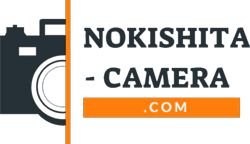
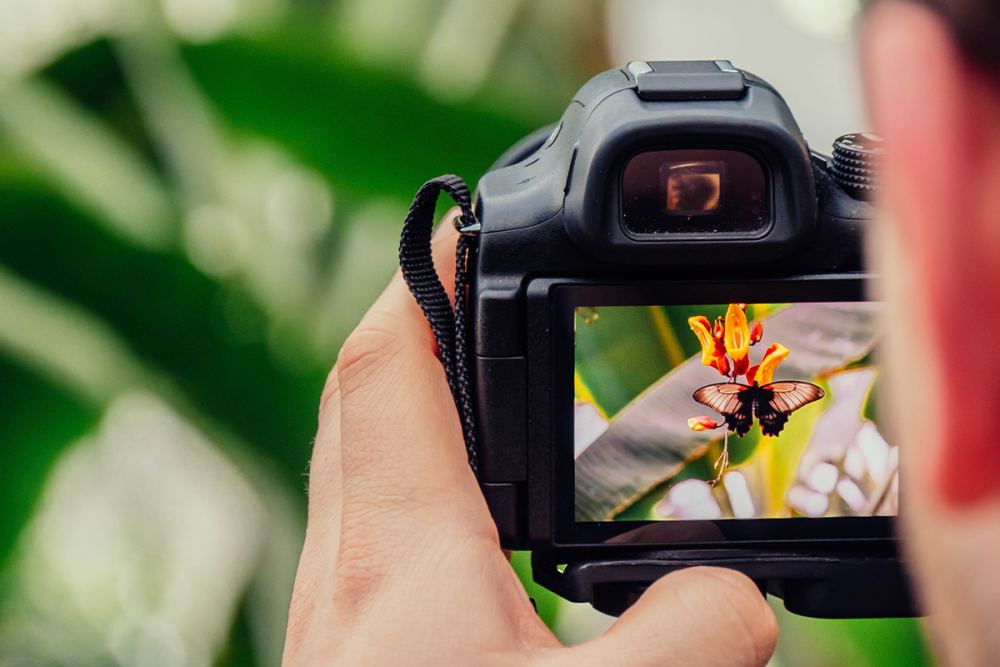
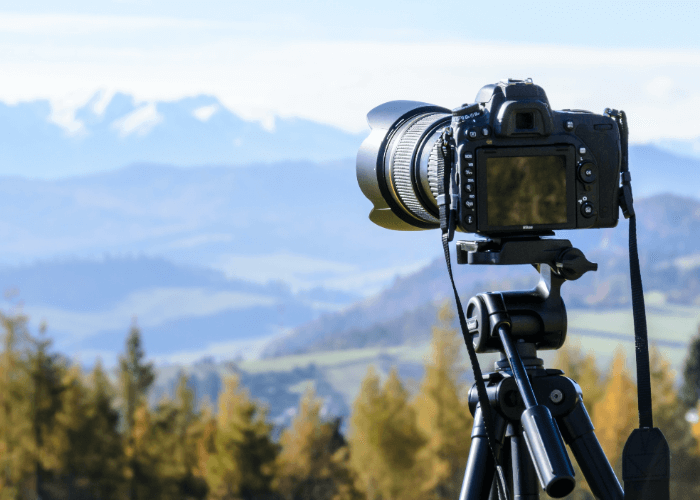
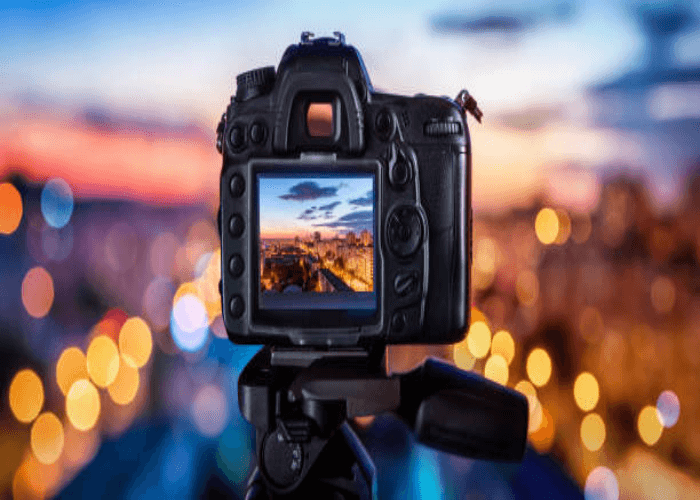
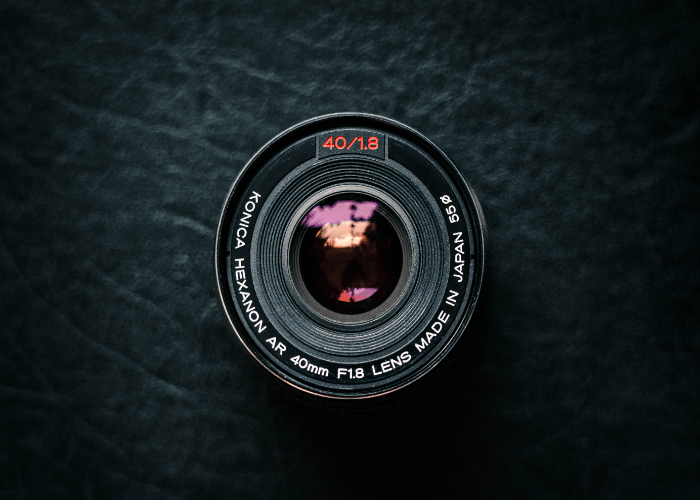
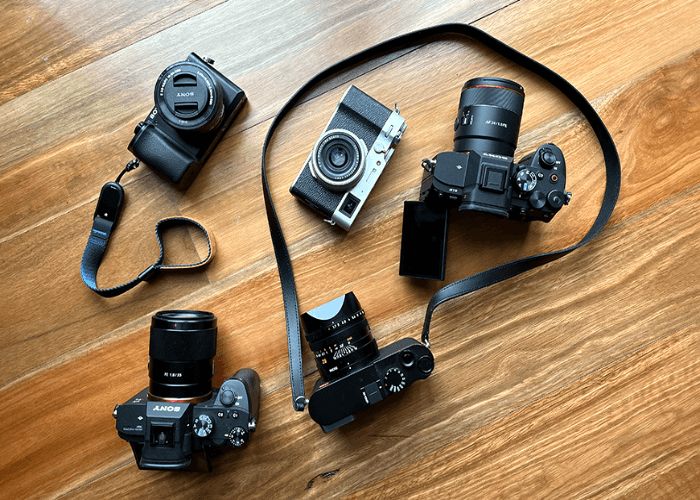
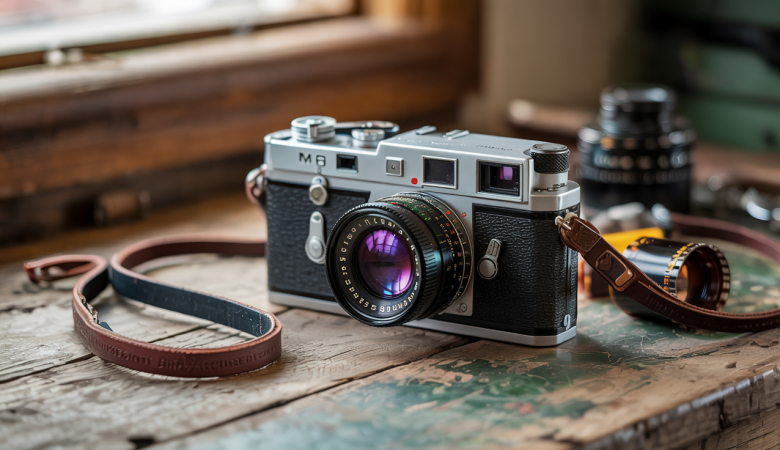
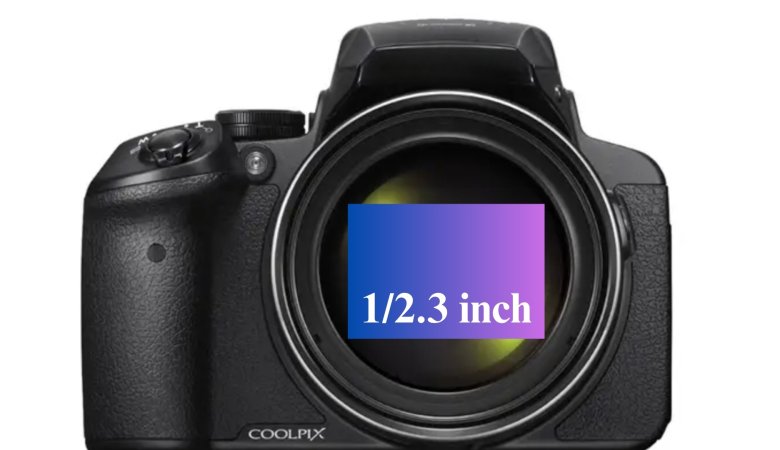
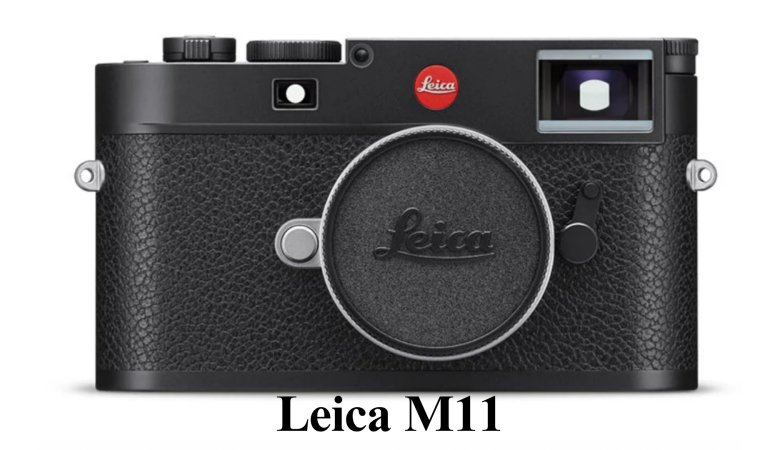
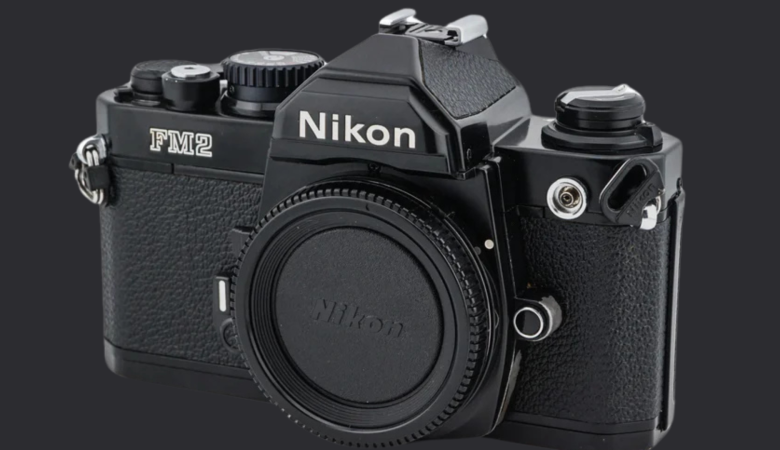
Leave a Reply